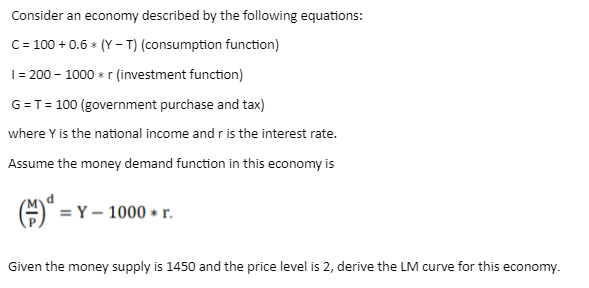Question
Which of the following statements is not
true? Study the following information carefully and answer the questions given below: Ten persons are sitting in two parallel rows containing five persons each, in such a way that there is an equal distance between adjacent persons. In row 1, F, G, H, I and J are seated and all of them are facing south. In row 2, K, L, M,N and O are seated and all of them are facing north. Therefore, in the given seating arrangement, each member seated in a row faces another member of the other row. Moreover, each of them reads different newspaper, viz. TOI, Hindustan Times, Economic Times, Dainik Jagran, Punjab Kesari, Amar Ujala, The Hindu, Dainik Bhaskar, Lokmat and Rajasthan Patrika, but not necessarily in the same order. Only two persons sit between J and the one who reads TOI, who sits at an extreme end. K, who sits in the middle of the row, is not an immediate neighbour of L, who does not read Rajasthan Patrika. O sit at an extreme end. J, who reads Punjab Kesari, sits on the immediate right of the one who reads Hindustan Times and J faces the immediate neighbour of L. G does not sit at the extreme left end of his row. K does not read Lokmat. Only one person sits between H and I, I reads TOI. N reads Amar Ujala and is an immediate neighbour of the one who reads Rajasthan Patrika and doesn’t face the person who reads Economic Times. M, who reads Dainik Jagran, is an immediate neighbour of the one who reads Lokmat, who is facing an immediate neighbour of the one who reads Punjab Kesari. Only two persons sit between the one who reads The Hindu and the one who reads Economic Times. G does not read The Hindu. O who does not read Dainik Bhaskar.Solution
If X(bar) = 25, Y(bar) = 120, bxy = 2. Find the value of X when Y=130?
A government recently introduced the Policy mix of Monetizing Budget deficit to revive the economy. Using the IS-LM framework, the impact on Output and ...
During the latest RBI Monetary Policy Committee (MPC) meeting held in Dec 2025, what was the decision made regarding the repo rate?
Assertion (A): The point of Maximum Social Advantage is achieved when the government increases its budget size until the Marginal Social Sacrifice (MSS...

The National Pension System (NPS), which provides retirement savings and pension benefits to individuals—including Central Government employees recrui...
The concept of the "Accelerator Principle" in macroeconomics explains the relationship between:
What is the value of elasticity of substitution in case of perfect substitutes?
If 50 percent of the families in a certain city subscribe to the morning newspaper, 65 percent of the families subscribe to the afternoon newspaper and ...
The index of import prices stands at 150 and that of exports is 180. What is the terms of trade
Relevant for Exams:



